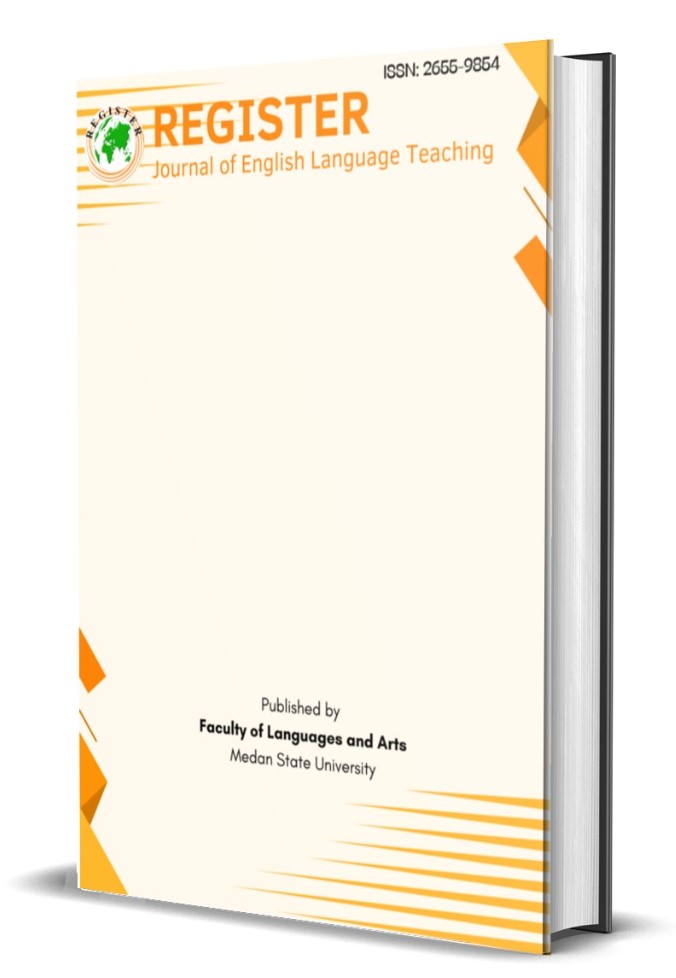The Perspective of FBS Students on 21st Century Skills in Universitas Negeri Medan
DOI:
https://doi.org/10.24114/reg.v14i1.64353Abstract
The 21st century is characterized by rapid technological advancements and globalization, demanding new skills for individuals to thrive in an ever-changing world. This study explores the perspectives of students at the Faculty of Languages and Arts (FBS) at Universitas Negeri Medan regarding their preparedness and familiarity with 21st century skills, which include critical thinking, collaboration, digital literacy, and adaptability. A descriptive qualitative research methodology was employed, using a structured questionnaire to gather students' insights on their readiness to apply these skills. Results indicate that the majority of students understand the importance of these skills and feel confident in their ability to apply them, particularly in critical thinking, problem-solving, and collaborative work. The findings also highlight the students' adeptness in using technology for learning, communication, and research, demonstrating strong digital literacy. However, challenges remain in evaluating the credibility of online information. Overall, the study shows that FBS students are prepared to navigate the demands of the 21st century, utilizing critical thinking, collaboration, and digital literacy to adapt to the evolving technological landscape. This study underscores the importance of integrating 21st century skills into education to ensure students are equipped for future challenges.Downloads
Published
Issue
Section
License
Copyright (c) 2025 Nailah Nailah, Jessica, Faujiah Br S Pelawi, Dara Siti Zahirah Fiarnanda, Meisuri

This work is licensed under a Creative Commons Attribution-NonCommercial-ShareAlike 4.0 International License.
Authors who publish with this journal agree with the following terms:
- Authors retain copyright and grant the journal right of first publication with the work simultaneously licensed under a Creative Commons Attribution License that allows others to share the work with an acknowledgment of the work's authorship and initial publication in this journal.
- Authors are able to enter into separate, additional contractual arrangements for the non-exclusive distribution of the journal's published version of the work (e.g., post it to an institutional repository or publish it in a book), with an acknowledgement of its initial publication in this journal.
- Authors are permitted and encouraged to post their work online (e.g., in institutional repositories or on their website) prior to and during the submission process, as it can lead to productive exchanges, as well as earlier and greater citation of published work (See The Effect of Open Access).
- This work is licensed under a Creative Commons Attribution-ShareAlike 4.0 International License.








